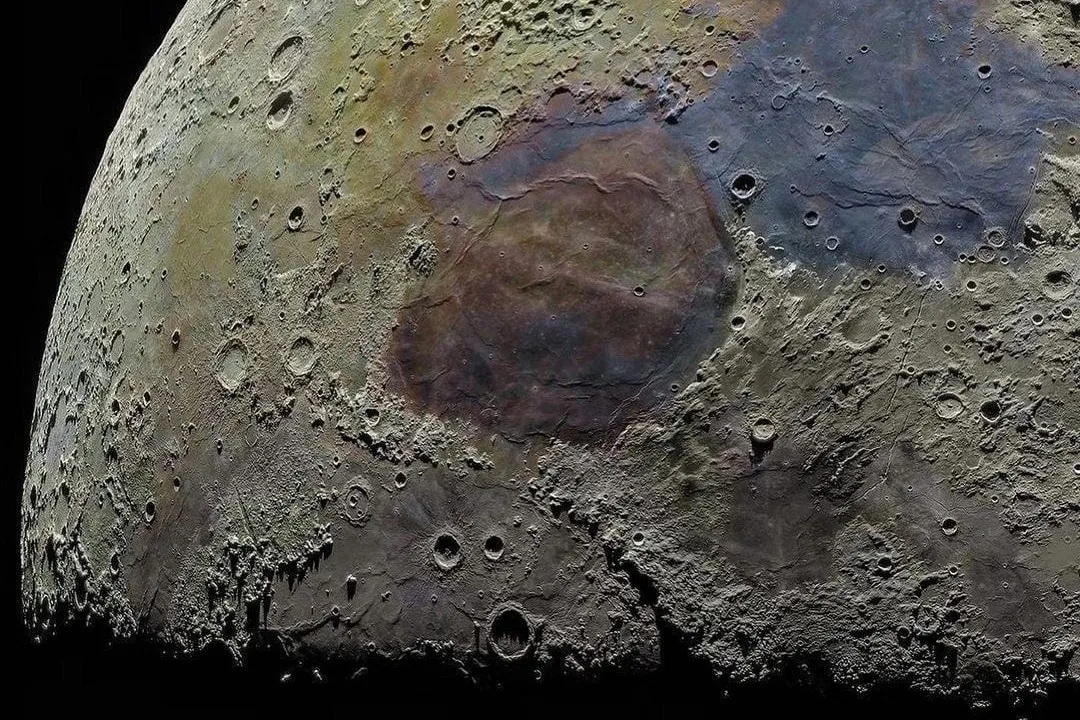The ECR (European Society of Radiology) and the Renew group of the European Parliament commissioned an independent study to assess the effectiveness of EU climate neutrality, and analyze and compare two climate-neutral power-generating technologies that, if they effectively replace fossil fuel infrastructure, can result in decarbonisation of the electricity system—wind/solar and nuclear. The study was initiated by Dutch MEP Rob Roos and Czech MEP Ondřej Knotek and peer-reviewed in part by, among other scientists, Nobel Prize laureate economist William Nordhaus.
The 456-page study, “Road to EU Climate Neutrality by 2050: Spatial Requirements of Wind/Solar and Nuclear Energy and Their Respective Costs” found that, in realistic scenarios, there is insufficient land to meet all the power demand of the Netherlands—"a country along the North Sea with abundant wind"—and the Czech Republic—"a landlocked country with no access to the sea and a geographically more challenging landscape"—for them to rely predominantly on wind and solar power. It also concluded nuclear energy is more cost-effective than renewables. Even when major efficiency improvements in solar and wind farms are taken into account, nuclear energy will remain the cheaper option in 2050, it said.





